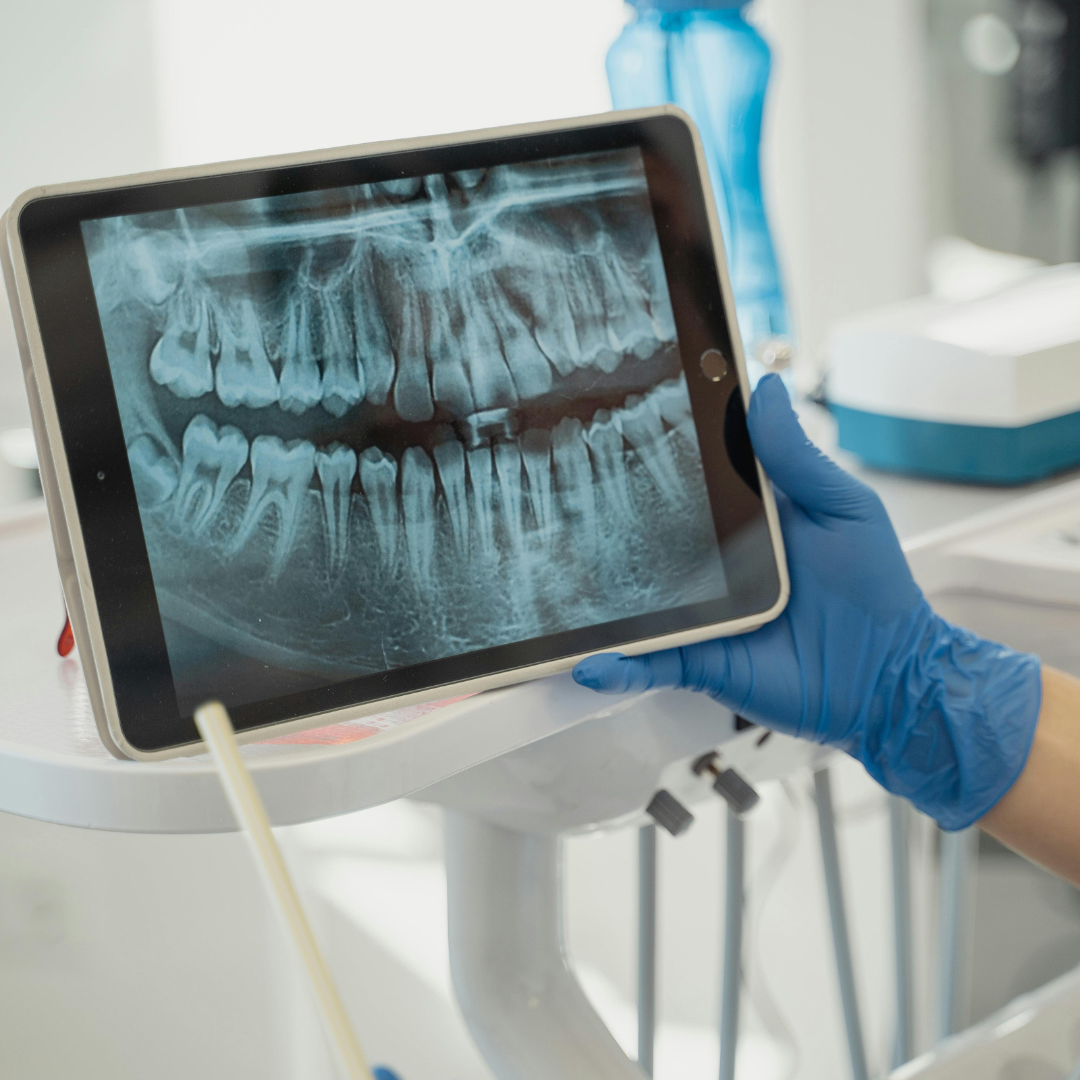Dental Implants vs Dentures: What’s Right for Patients?

Tooth loss can significantly affect a person's quality of life, self-confidence, and oral health. When it comes to replacing missing teeth, two of the most common solutions are dentures and dental implants. While both aim to restore function and aesthetics, they are vastly different in design, procedure, maintenance, and suitability. For patients seeking to make an informed decision, understanding the advantages and limitations of each option is essential.
Understanding Dental Implants
Dental implants are artificial tooth roots, typically made from titanium, that are surgically inserted into the jawbone. Once in place, the implant fuses with the bone in a process known as osseointegration. After healing, a crown is attached to the implant to replace the missing tooth.
Dental implants are considered a long-term solution and closely mimic the look, feel, and function of natural teeth. They can be used to replace a single tooth, multiple teeth, or even support full-arch restorations in the form of implant-retained dentures.
Exploring Dentures
Dentures are removable prosthetic devices designed to replace missing teeth. They come in two main types: full dentures, which replace all teeth in an arch, and partial dentures, which replace a few missing teeth while using the remaining natural teeth for support.
Made from acrylic resin, metal, or a combination of both, dentures rest on the gums and may be held in place by suction, adhesives, or clasps attached to natural teeth. Modern dentures have evolved significantly and can be more comfortable and lifelike than earlier versions.
Benefits of Dental Implants
- Natural Appearance and Function
Dental implants look and feel like real teeth. They allow patients to eat, speak, and smile with confidence, without the worry of slipping or discomfort. - Preservation of Jawbone Health
One of the key benefits of dental implants is their ability to stimulate the jawbone. This helps prevent bone resorption, which is common after tooth loss and can lead to changes in facial appearance. - Longevity and Durability
With proper care, dental implants can last decades, and often a lifetime. While the crown may need replacement after 10–15 years, the implant itself is typically permanent. - No Impact on Adjacent Teeth
Unlike bridges, which may require grinding down neighbouring teeth for support, dental implants stand independently and do not compromise adjacent healthy teeth.
Drawbacks of Dental Implants
- Surgical Procedure Required
Dental implant placement involves a surgical process that may be daunting for some. It also requires a healing period of several months before the final crown is placed. - Higher Initial Cost
Compared to dentures, dental implants involve a higher upfront investment. However, their longevity can make them more cost-effective in the long run. - Not Suitable for Everyone
Patients with insufficient bone volume, certain medical conditions, or those who smoke heavily may not be ideal candidates without additional treatments such as bone grafting.
Advantages of Dentures
- Non-Invasive and Quicker Results
Dentures do not require surgery, making them a suitable option for patients who wish to avoid invasive procedures. In many cases, dentures can be fitted shortly after teeth are extracted. - Lower Initial Cost
Dentures are generally more affordable than dental implants, especially for those needing full arch replacements. - Customisable and Accessible
Modern dentures can be tailored to fit well and look aesthetically pleasing. For many patients, they provide a practical and accessible tooth replacement option.
Limitations of Dentures
- Less Stability and Comfort
Dentures may shift or slip during speaking or eating, which can be both inconvenient and embarrassing. They may also cause sore spots if not properly fitted. - Maintenance and Replacements
Dentures require daily removal and cleaning. Over time, they may need relining or replacing due to changes in gum and bone structure. - Bone Loss Continues
Unlike dental implants, dentures do not stimulate the jawbone, leading to gradual bone deterioration, which can affect the fit of the denture and facial appearance.
Patient Considerations: Choosing the Right Option
The decision between dental implants and dentures is not one-size-fits-all. Several factors must be considered, including:
- Age and General Health: Younger and healthier patients may benefit more from implants due to their long-term benefits. Conversely, older patients or those with medical issues might opt for dentures for safety and convenience.
- Bone Density: Sufficient bone is required for implant placement. If bone loss is significant, additional procedures or alternative solutions might be necessary.
- Budget: While implants offer more permanence, dentures are typically more budget-friendly. Patients should weigh initial costs against long-term value.
- Lifestyle Preferences: Those seeking convenience and a natural feel may lean towards implants, whereas others prioritising a non-surgical, removable solution may prefer dentures.
- Time Frame: Implants require a longer treatment process, while dentures can be fitted much quicker. Patients needing immediate tooth replacement may choose dentures temporarily before transitioning to implants.
Combining Both Options: Implant-Supported Dentures
For some patients, a hybrid approach may be ideal. Implant-supported dentures combine the stability of dental implants with the affordability and coverage of dentures. These prosthetics snap onto implants, offering better retention than traditional dentures and helping to preserve jawbone structure.
This middle-ground solution is gaining popularity, especially among patients who need full-arch restorations but also desire a cost-effective and stable alternative.
Conclusion: Informed Choice is Key
Ultimately, the choice between dental implants and dentures depends on individual needs, oral health, lifestyle, and financial circumstances. Both options have their merits and can restore a patient’s smile and confidence effectively. However, dental implants often provide a more permanent and natural-feeling solution, especially for those who are good candidates.
- Art
- Causes
- Crafts
- Dance
- Drinks
- Film
- Fitness
- Food
- Игры
- Gardening
- Health
- Главная
- Literature
- Music
- Networking
- Другое
- Party
- Religion
- Shopping
- Sports
- Theater
- Wellness


